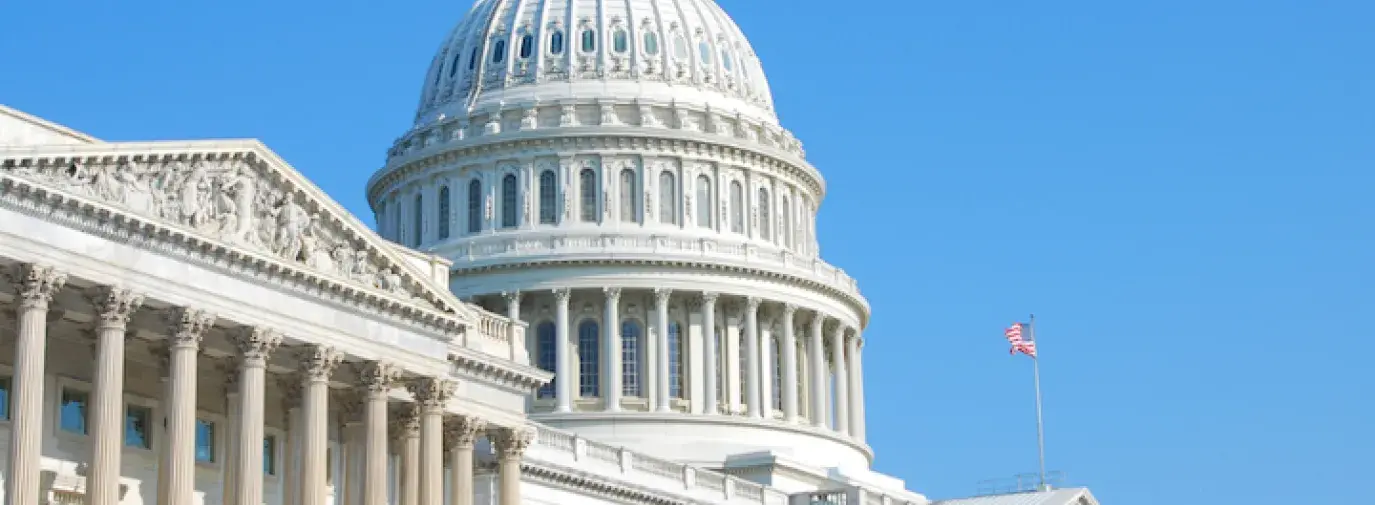Socially Responsible Investing
Integrating your values with your investment decisions is called socially responsible investing (SRI), impact investing, or environmental, social and corporate governance (ESG) investing.
Integrating your values with your investment decisions is called socially responsible investing (SRI), impact investing, or environmental, social and corporate governance (ESG) investing.
You can use socially responsible investing (SRI) to help you meet your financial goals, like growing your savings while ensuring your money has a positive impact on people and the planet.
Socially-concerned investors generally seek to own shares of profitable companies that are transparent about their operations, have strong records of community involvement, positive environmental impact policies and practices, respect for human rights around the world, and create safe and useful products. They will also try to avoid investments in those firms that fall short in these areas.
Green America is pleased to partner with our Green Business Network member, Natural Investments LLC, a leader in environmentally and socially responsible investing, to bring you the mutual fund Heart Rating. The Heart Rating evaluates mutual funds selected by Natural Investments based on their environmental, social, and corporate governance (ESG) performance, their degree of community development investing, and the fund companies’ engagement in shareholder activism.
You, or your financial advisor or asset management firm if you have one, can screen stocks, mutual funds, and other investments on the issues that matter to you.
For additional information on socially responsible mutual funds, including financial performance, visit USSIF's Mutual Fund Performance Chart.
Myth: Socially responsible investments make less money than conventional ones.
Fact: The evidence, amassed through hundreds of studies, shows that historically, SRI products have performed as well as or better than their conventional counterparts.
Before buying shares, read the prospectus (document with details about the fund) to understand the risks.
Need help investing? Consider using a financial planner or advisor who is dedicated to socially and environmentally responsible investing. Find financial planners and advisors who are certified members of our Green Business Network here.
Divestment is when investors drop their shares in a company or remove funds from a bank in order to make a statement and to re-align their investments with their values for longer-term benefit. Divestment campaigns launched against a company can make corporate management take notice and change company policy since divestment represents a potential drop in share prices and loss of revenue.
In the 1990s, activists convinced companies to divest from business in South Africa to put pressure on that government to abolish apartheid. That campaign was hugely successful and gave rise to modern divestment movements. In recent years, university students in the US and internationally have demanded their schools divest from fossil fuels in a variety of ongoing campaigns, resulting 220 educational institutions committed to divesting their endowments in 2021, according to the 2021 Invest Divest Report. Some cities and countries, as well as philanthropies and other institutions, have also committed to divesting their assets from fossil fuels companies. Beginning in 2016, divestment was used by protesters of the Dakota Access Pipeline, who asked individuals and cities to remove their investments from the 17 national and international banks giving loans to the building company.
Every organization, faith congregation, school, or workplace needs a bank account. You can help steer more money into underserved communities, and into local economies, by encouraging any of the organizations you're a part of to switch to a better bank and shift investment funds into community investing options.
Or, you may be able to become involved with the larger holdings of your religious denomination if it belongs to the Interfaith Center on Corporate Responsibility (ICCR). Bringing together socially responsible investors across many faiths (Catholic, Episcopalian, Jewish, Mennonite, and more), ICCR members leverage the combined $100 billion of their investment portfolios to sponsor shareholder resolutions on climate change, the use of sweatshops, human rights, and other crucial issues. To check whether your denomination is a part of ICCR, visit its website.
Want your retirement to work for the world? Here are tools on how to encourage your workplace to adopt socially responsible investing options into regular retirement contribution accounts.
Green America is not an investment adviser nor do we provide financial planning, legal, or tax advice. Nothing in our communications or materials shall constitute or be construed as an offering of financial instruments or as investment advice or investment recommendations.

Tell your House Representative: Protect my freedom to invest responsibly by joining the Sustainable Investment Caucus.
Tell your House Representative: Protect my freedom to invest responsibly by joining the Sustainable Investment Caucus.
Want your banking to build a better world? Find a bank or credit union near you that benefits people and planet.
Did you know your retirement and investments are probably funding dirty fossil fuels? Switch to these better clean funds that support your values and our future.